The Darkest Controversies of Tamil Film Industry
Kollywood or the Tamil Film Industry has a great history in making incredible films. It has also not been free from controversy that generated a lot of debate among audiences and critics, however. Here in this article lets take a look at some of those controversies that are seen as trendsetters in the industry.
1 The ‘Suchi Leaks’ Scandal
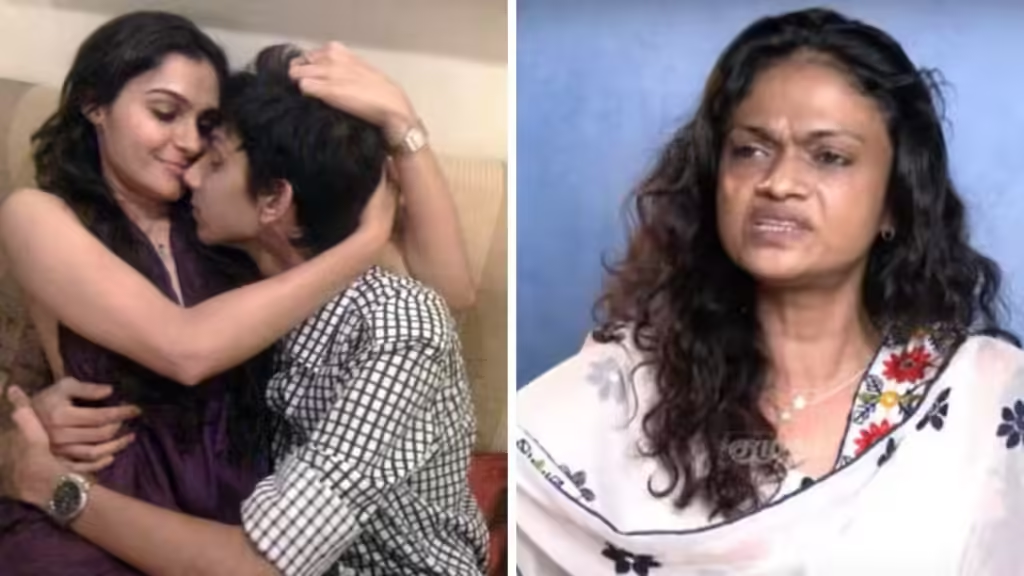
The controversial ‘Suchi Leaks’ cases shook the Tamil film industry in 2017. Privately shot pictures and clip of a number of actors, including Dhanush and Trisha, were allegedly leaked by someone using the Twitter handle belonging to singer and radio jockey Suchitra Karthik after her account was hacked. The leaked material sparked a media firestorm and further concerns over the industry’s protection of privacy and cyber security. Suchitra would later claim that her account was hacked, but the personal lives of the people involved were sadly affected.
2 The ‘Beep Song’ Controversy
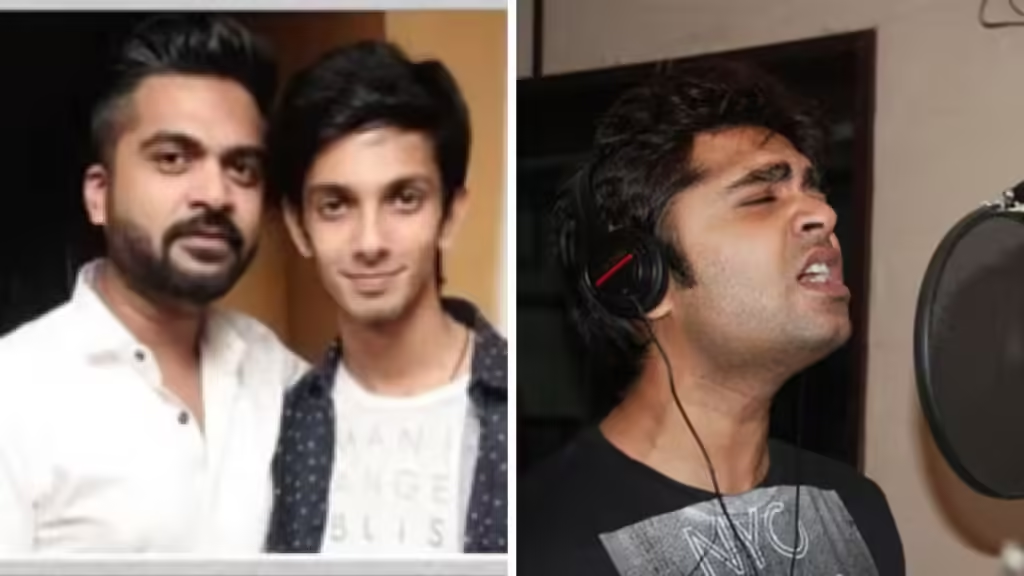
Simbu, the popular actor who also goes by Silambarasan, recently stirred up in 2015 controversy when it came to his controversial ‘Beep Song’. The song promoted explicit, derogatory content against women and was leaked online to much criticism. Following this, some feminist groups and political organizations urged action against Simbu for promoting misogyny. The actor had ongoing legal issues and the controversy triggered a larger discussion about the representation of women in Tamil film.
3 Obstacles in the Release of ‘Vishwaroobam’
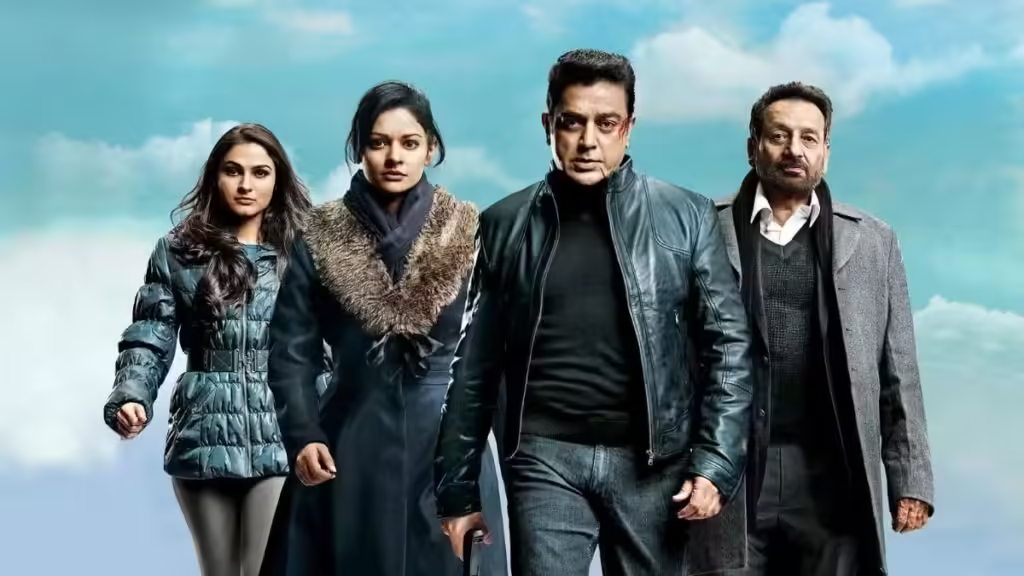
The biggest trouble for ‘Vishwaroopam’ before its release was faced by Kamal Haasan’s film in the year 2013. The film was banned by the Tamil Nadu government following protests from Muslim groups alleging that it showed their community in bad light. This resulted in a long-drawn-out legal fight, with Haasan threatening to flee from India if there was an obstacle to his film’s release. It entangled the issues filmmakers often face, when their creative diligence rubs against religious sentiments.
4 The ‘Kaththi’ Script Dispute
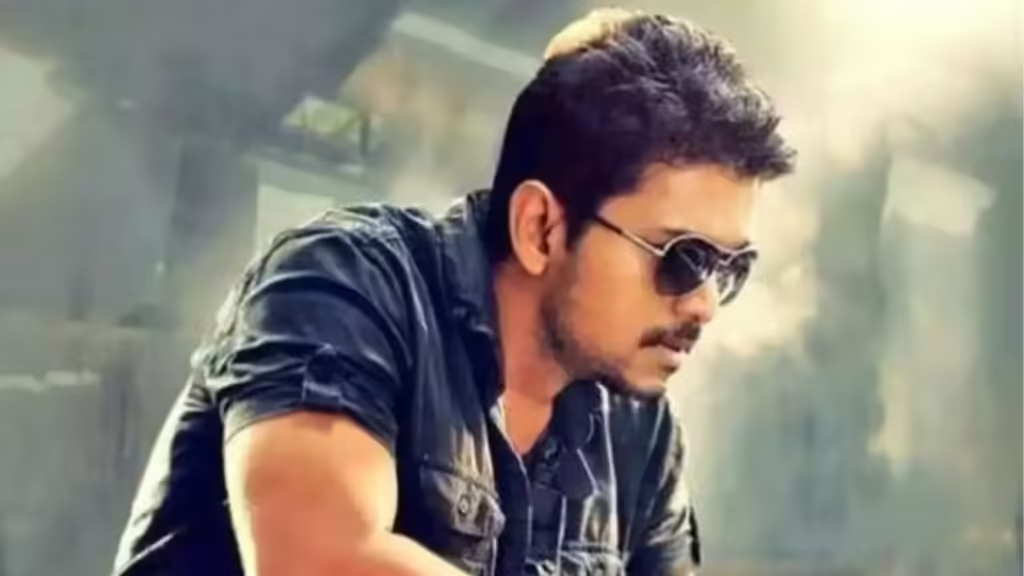
Plagiarism controversy: ‘Kaththi’, starring Vijay, directed by A.R. Murugadoss in 2014 This triggered a war of words between Murugadoss and an assistant director who alleged that the filmmaker had plagiarised his script. It became a contentious dispute, with each side making statements to the media, but was ultimately settled quietly. The incident triggered the discussion about IPR protecting the authentic origin of a story.
5 Kollywood #MeToo Movement
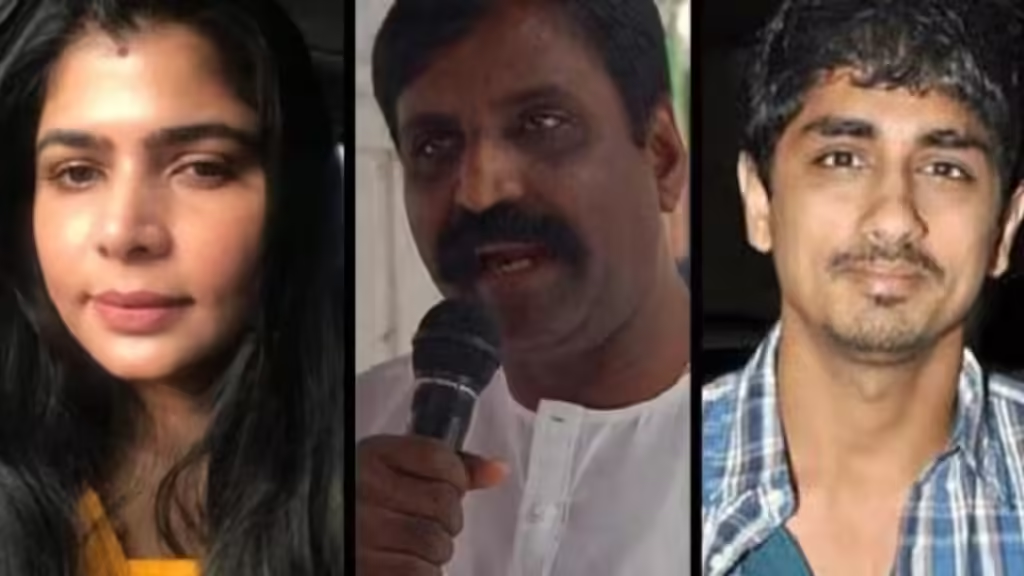
The Tamil film industry too joined the global #MeToo movement back in 2018. It all began with singer Chinmayi Sripaada accusing veteran lyricist Vairamuthu of sexual harassment, prompting a slew of allegations against other high-profile names. The movement revealed the rotten core of the industry, and domed discussions around women’s safety and dignity in the film world. Some of those who were accused did suffer consequences, but reactions on the whole by industry types were lukewarm while actual systemic depravity protections for artists and workers remained sparse.
6 Political Controversy Over ‘Sarkar’
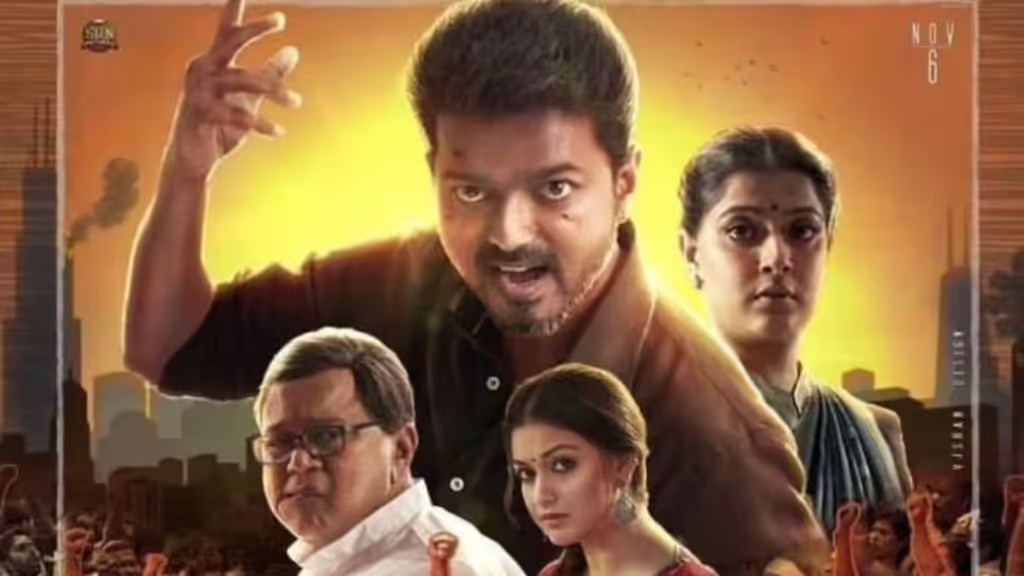
In 2018, A.R. Murugadoss’ “Sarkar,” starring Vijay prompted a political backlash on its release. Members of the ruling AIADMK party raised objections against scenes they alleged had politically targeted the government and acted against former Chief Minister J. Jayalalithaa. Both nationally and around the world protests ensued as well, which caused some scenes to be amended by the filmmakers. It threw the spotlight on the precarious intersection of artistic expression and political sensitivities in Tamil cinema.
7 Caste Representation: Draupathi
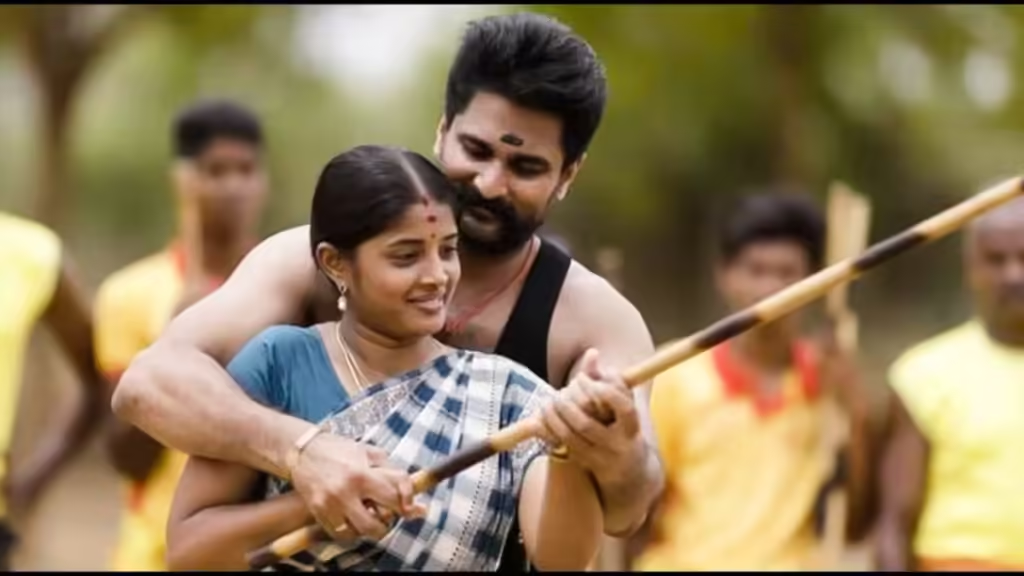
Controversy over caste dynamics erupted in the 2020 film Draupathi. The film faced backlash from critics who said the film was propogating caste system based discrimination and also honour killings. The filmmakers have stood by their work, saying it held a mirror to society. The debate was about the difficulties in projection of sensitive topics such as caste on screen without stereotypical portrayal.
8 ‘Leo’ Song Controversy
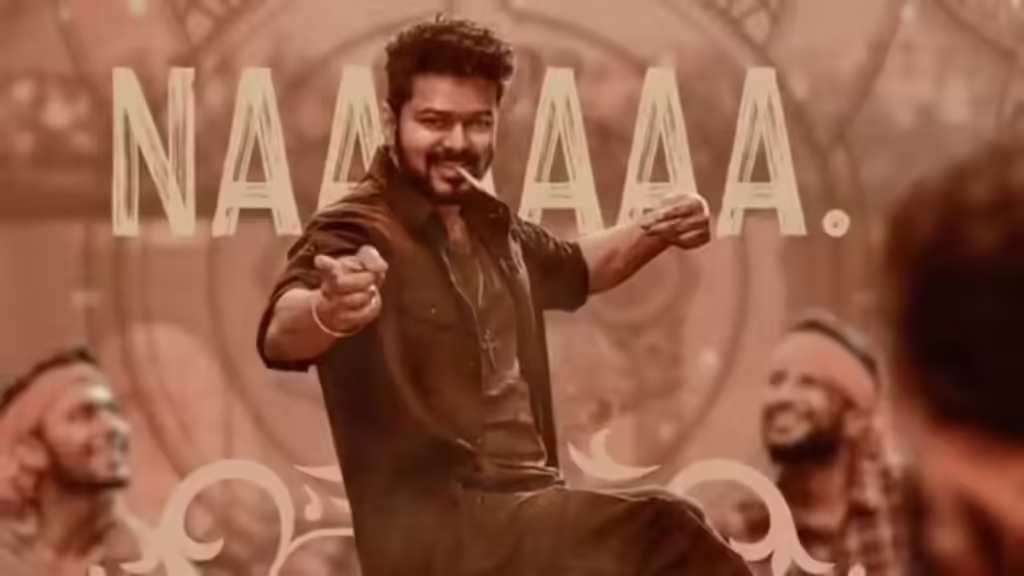
The film ‘Leo’, featuring Vijay, received backlash in 2023 for a song titled “Naa Ready”, which was accused of promoting smoking and drug use. Political leaders and activists also called for action against the filmmakers, resulting in changes to visuals and lyrics of the song. The incident also highlighted the responsibility filmmakers have in depicting substance use and its possible effect on viewers.
9 ‘Maanaadu’ Release Challenges
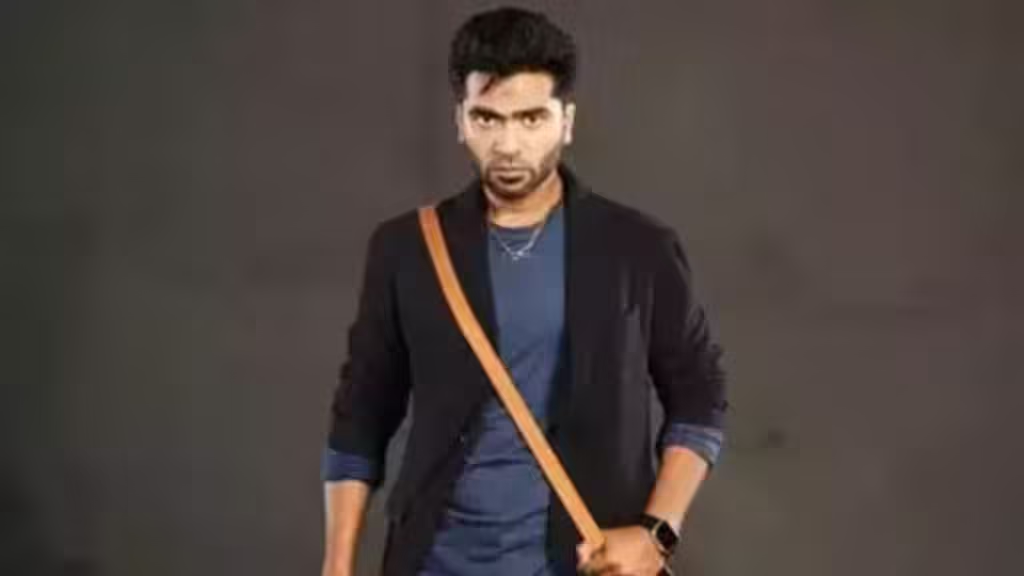
Things weren’t easy for the movie as it had to go through many hurdles before even making it to the theatre and the movie in question is Silambarasan’s 2021 film ‘Maanaadu’. Delays and uncertainty due to legal disputes, financial issues, and political pressures. Even the parents of the actor said they will protest in front of Chief Minister’s office if the film release is disrupted. It shed light on the intersection of politics, money and personal animosities at play in Kollywood.
10 Parasakthi and how it hurt religious sentiments
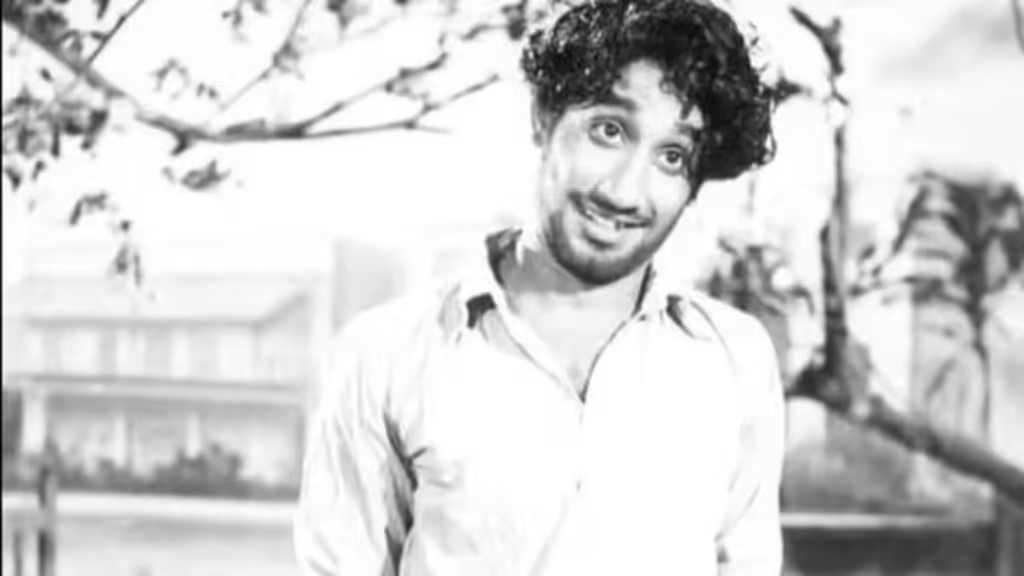
Then there is the case of the 1952 film Parasakthi, featuring actor Sivaji Ganesan, which came under fire for critiquing Hindu customs and practices. The film was called ‘atheistic’, and ‘disrespectful of traditions’ by religious groups, who demanded a ban. However, these controversies led to ‘Parasakthi’ getting landmark status as a film for making strong statements against society.
11 Negative portrayal of Muslims in Amaran
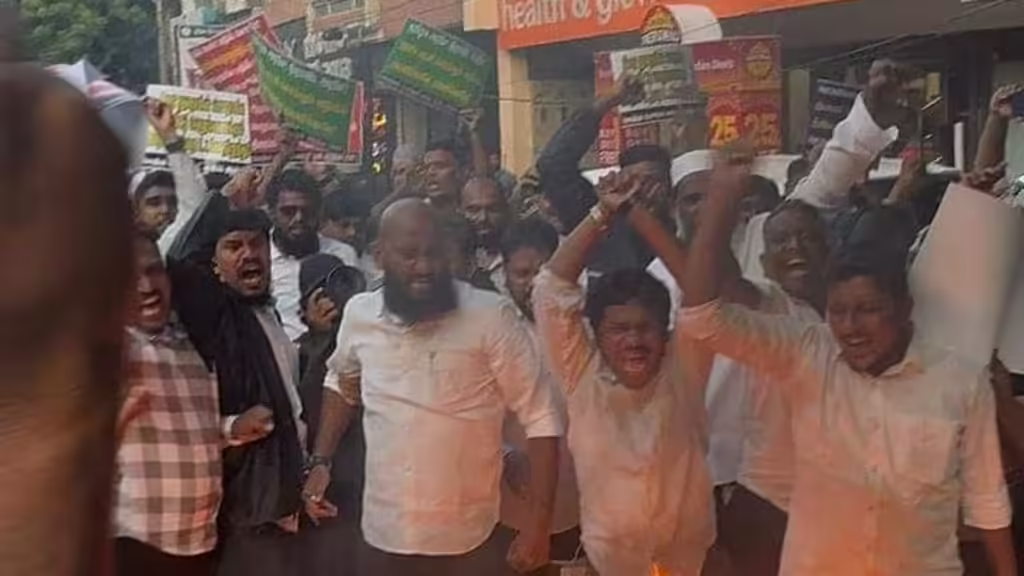
Sivakarthikeyan’s 2024 film ‘Amaran’ was backed by his team who temporarily boycotted shooting also alleging that some communities protested against the film after feeling wrongly portrayed in its teaser. Seti Off: The filmmakers were accused of negative portrayal of Muslims, resulting in a demand for a ban. This controversy highlighted the critical need for sensitivity and accuracy in on-screen representations of communities.
12 The title of ‘Kavundampalayam’ and Caste Pictures
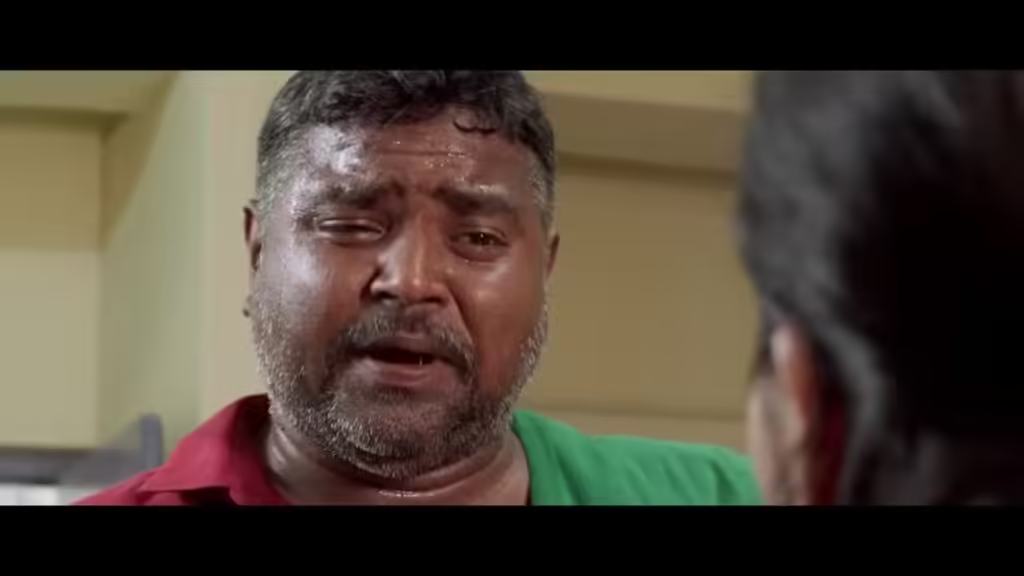
Kavundampalayam: Despite releasing 2024, the film was shown in poor light for ‘caste-based’ revenge. Some social commentators claimed that the film glorified some castes and demonised other, fuelling caste tensions. Controversy escalated as the director came up with excuses justifying honor killings.




